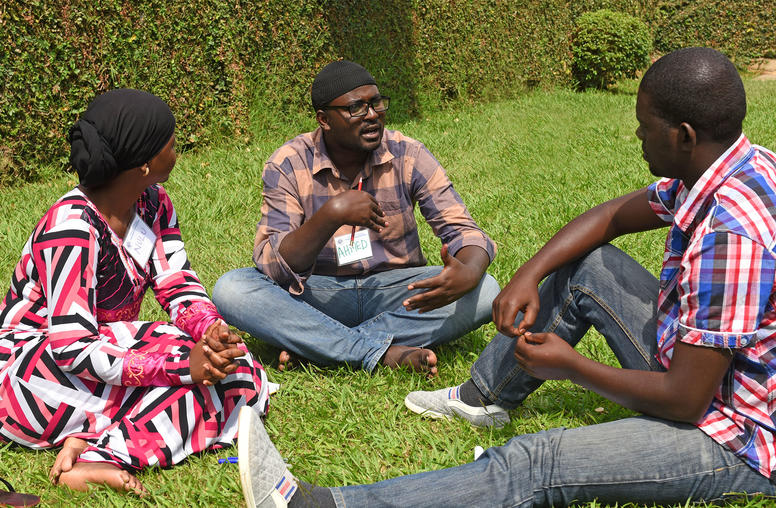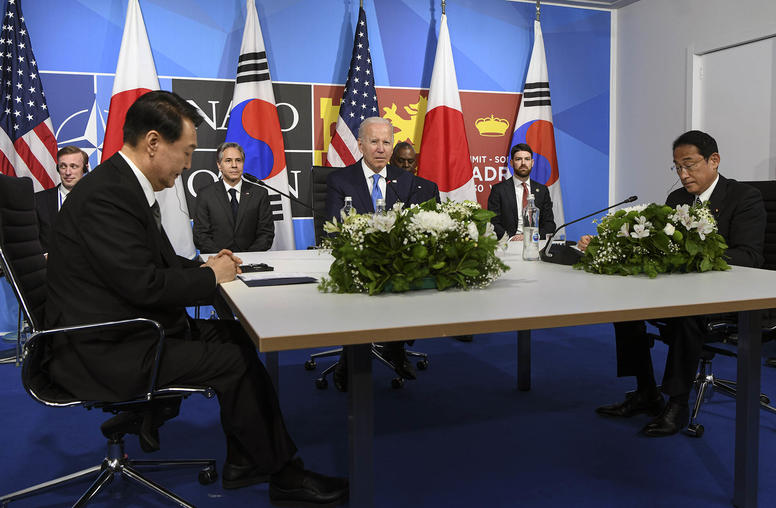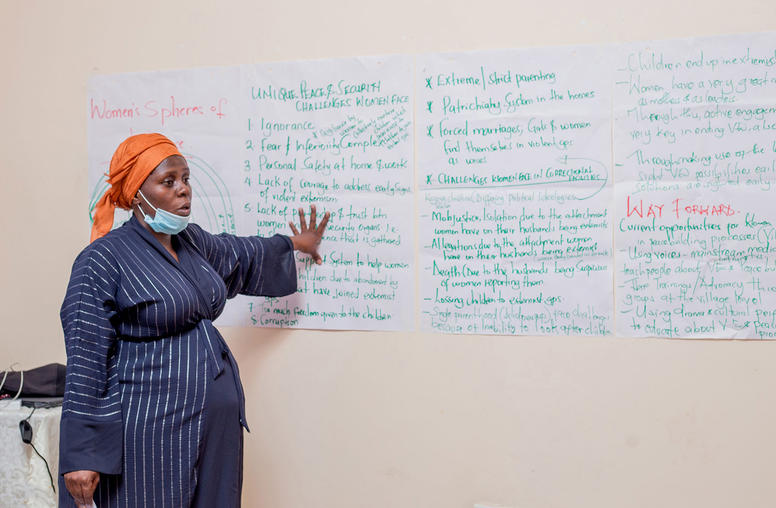 Reconciliation
Reconciliation
Reconciliation encompasses truth-telling, sharing of historical narratives, or dialogue to transform relations among groups affected by conflict and rebuild trust between the state and citizens so that former enemies can envision and realize a shared future. USIP supports research to evaluate and better understand the practices of reconciliation used around the world and their impact.
Featured Publications

Palestinian Factions Pledge Unity: Another Diplomatic Win for China?
Hamas, Fatah and a dozen smaller Palestinian factions signed on Tuesday in Beijing a joint statement calling for, among other things, the formation of a national unity government. Fatah, the secular party that controls the Palestinian Authority, and Hamas, which perpetrated the October 7 terrorist attack that led to the ongoing war in Gaza, have been divided since 2007. Their rivalry has long been a thorn in the side of the Palestinian cause and numerous attempts at reconciliation have failed. This latest attempt comes as efforts to devise a post-war governance system for Gaza are picking up steam.

Cartographie du chemin de la justice en Haïti : Leçons de la Colombie et du Guatemala
Le nouveau gouvernement intérimaire d'Haïti fait face à des défis immenses, mais aucun n'est aussi urgent que de briser l'emprise des gangs sur la capitale du pays, Port-au-Prince. La force seule ne suffira pas à apporter la paix, même avec l'arrivée de la mission multinationale de soutien à la sécurité dirigée par le Kenya, de taille modeste. Le pays a plutôt besoin de mécanismes créatifs et globaux impliquant toute la société — et non seulement l'ensemble du gouvernement — pour détourner les membres des gangs du crime et de la violence dans le cadre d'une stratégie globale de lutte contre les gangs.

Mapping Haiti’s Road Toward Justice: Lessons from Colombia and Guatemala
Haiti’s new interim government faces immense challenges, but none are as urgent as breaking the stranglehold that gangs have over the country’s capital, Port au Prince. Force alone will not bring peace, even with the arrival of the modestly-sized and Kenyan-led multinational security support mission. The country instead requires creative, whole-of-society — not just whole-of-government — mechanisms to divert gang members from crime and violence as part of a comprehensive counter-gang strategy.
Current Projects

People-to-People Reconciliation Model
The People-to-People Reconciliation Model is a tool that models the potential for success of people-to-people reconciliation interventions using game theory. The model focuses on interventions that attempt to influence small collections of individuals — with the expectation that changes among such small groups can spread through populations and create widespread change.

Resolving Tensions Between South Korea and Japan: An Essay Series
South Korea and Japan normalized relations in 1965, but unresolved historical disputes continue to undermine genuine bilateral reconciliation and optimal diplomatic, security and economic cooperation. Past efforts, both between the two countries and trilaterally with the United States, to help improve relations have generally emphasized a “future-oriented” approach that focused on common security and economic interests.

The USIP Learning Agenda
In support of the Evidence Act and as part of the U.S. national security architecture, USIP is carrying out its own learning agenda. Peacebuilding has long been viewed as too messy and complex for evidence-based approaches — but USIP’s mix of research and practice belies that assumption.